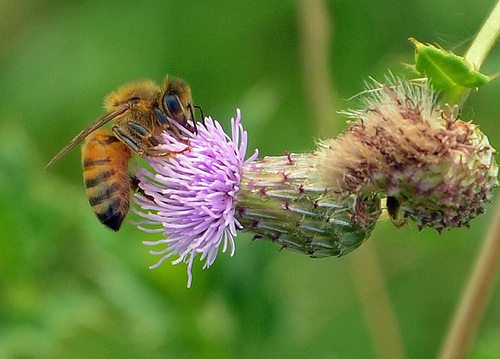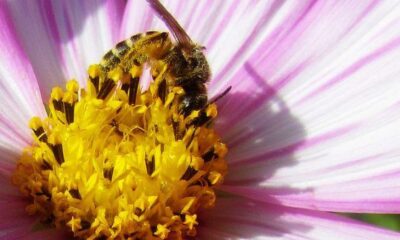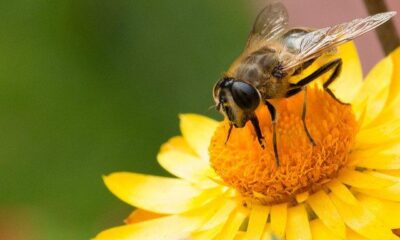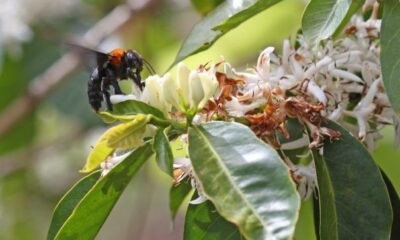

Environment
Syngenta seeks exemption to use banned bee-harmful pesticide
Chemicals giant Syngenta has applied for an “emergency” exemption to use a banned neonicotinoid pesticide on oilseed rape in the UK, a day after a panel of international scientists said that the harm done by the chemicals on wildlife and food was undeniable.
Syngenta has claimed that treating 186,000 hectares of oilseed rape with the insecticide was vital to ensuring healthy production, saying that there was no alternative. The move is backed by the National Farmers’ Union (NFU) and the government’s advisory committee on pesticides (ACP).
A company spokesperson said, “Syngenta has made this emergency use application on behalf of UK farmers for a limited use of neonicotinoid seed treatment in two specific contexts where alternative approaches are not effective and a danger to production exists”.
Three streams of neonicotinoids were banned in the European Union in December for two years, following evidence by scientists and environmentalists that the chemicals were linked to the decline of pollinators, bees in particular, but the UK voted against the ban.
Nick Mole of the Pesticide Action Network UK, a member of the Bee Coalition, said, “This is a clear attempt by Syngenta and the NFU to undermine the EU ban which they so bitterly opposed by the back door.”
The application for an exemption from the ban by Syngenta comes a day after the announcement of a comprehensive and detailed assessment by international scientists, who concluded that neonicotinoids’ harmful effects on the environment, wildlife and food production were clear and undeniable.
A separate study by Harvard University had previously come to the same conclusion and triggered action by US president Barack Obama to outline a national plan to help pollinators.
Photo: Dunc(an) via Flickr
Further reading:
‘Overwhelming and clear evidence’ that neonicotinoids harm bees and food
Chemical giants did ‘furious lobbying against EU measures to save bees’
EU ban on bee-harmful pesticides to begin in December
Banned pesticides highly likely to cause bee colony collapse, says Harvard study
Not enough honeybees in the UK to keep up with crop pollination

































